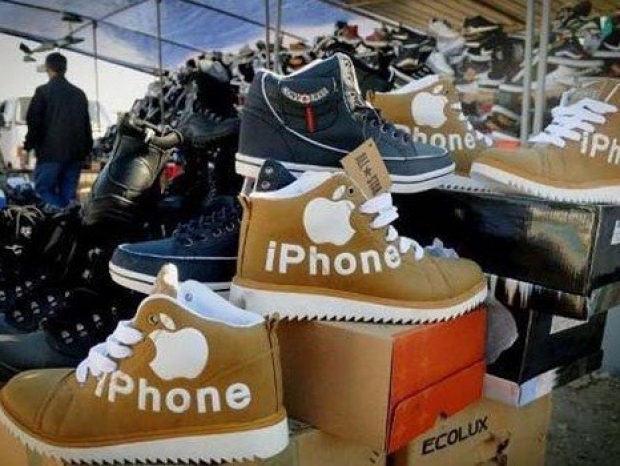Apple said it plans to appeal the ruling, but that is its standard legal tactic. Because it is appealing, Judge Matthias Zigann told the court earlier Thursday, the ruling would not go into immediate effect.
But Apple said that throughout the appeal process, iPhone 7 and iPhone 8 models would not be sold in its 15 retail stores in Germany. This is somewhat odd as there is no legal requirement to do so, which means that Apple might be hoping to limit bigger damages bill later by imposing its ban.
In any event, Apple has little interest in flogging its phones, and it gives it an excuse to push only the iPhone XS, iPhone XS Max and iPhone XR.
All iPhone models will still be sold through carriers and other third-party retailers in Germany, Apple said.
Qualcomm said in a press release that the injunction would be in effect as soon as it posts the required bonds. It said it would complete the process “within a few days”.
The German case is Qualcomm’s attempt to get Apple to pay its bills. Jobs’ Mob demanded that Qualcomm support its huge margins by taking a pay cut, and when the outfit said “no” Apple initially did a deal with Intel as a warning shot, and when that did not work it stopped paying completely and moved to Intel entirely.
Qualcomm has had two significant court wins. The first in China was written off by the Tame Apple Press as a by-product of the Trade War between China and the US.
But the German court’s action is harder to write off. The judge ruled that phones that contain a combination of chips from Intel and Apple supplier Qorvo violated one of Qualcomm’s patents around so-called envelope tracking, a feature that helps mobile phones save battery power while sending and receiving wireless signals.
Apple said: “Qualcomm’s campaign is a desperate attempt to distract from the real issues between our companies. Their tactics, in the courts and their everyday business, are harming innovation and harming consumers. Qualcomm insists on charging exorbitant fees based on work they didn’t do, and governments are investigating them all around the world for their behaviour. We are of course disappointed by this verdict, and we plan to appeal. All iPhone models remain available to customers through carriers and resellers in 4,300 locations across Germany. During the appeal process, iPhone 7 and iPhone 8 models will not be available at Apple’s 15 retail stores in Germany. iPhone XS, iPhone XS Max and iPhone XR will remain available in all our stores.”
Qorvo’s chief intellectual property counsel, Mike Baker, said: “We believe our envelope tracking chip does not infringe the patent in suit, and the court would have come to a different conclusion if it had considered all the evidence. We’re disappointed that the inventor and designer of our chip, who attended the hearing, wasn’t given the opportunity to testify or present other evidence that disproves Qualcomm’s claim of infringement. The International Trade Commission has already determined that our envelope tracker chip does not infringe the US counterpart to the patent at issue in this case. We currently do not expect that this decision will have any impact on our business with Apple."

